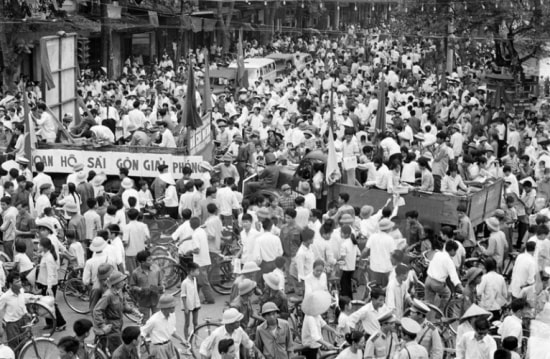
MEMORIES OF APRIL 30
I want to take you back to memory lane
Forty years still fluttering in my heart
The whole country is in turmoil
Celebrating victory after more than twenty years of fighting.
Flags and flowers from South to North
Mother picks up child, wife holds husband's hand tightly
Joy bursts forth on earth and in the air
The excitement of the descendants of the Dragon and Lac.
Clean up and the cannon roar
Bring peace to mother's lullaby
Though war still leaves smoke and fog
After liberation, the loss has not yet been compensated.
But at least the battle is temporarily postponed.
May peace bring peace to the heart
"April 30" opens memories to search
Happiness is found in blood and bones.
Tell me so I can advise my children and grandchildren.
No sweetness comes naturally.
The life of a warrior is full of hardship.
The new victory day has just "the boat docked"
HO NHU
In the endless source of poetry about war and peace, the poem "Memories of April 30" by author Ho Nhu is a gentle yet profound echo, recalling unforgettable days in the nation's history.
The poem not only recreates a heroic time of war and war, but also expresses gratitude to those who made the victory. The work acts as a bridge between the war and the peaceful present, opening up a space for contemplation, for each of us to pause, feel and be grateful. The poem begins with a heartfelt invitation:
I want to take you back to memory lane
Forty years still fluttering in my heart
In the first two verses, the author evokes a sacred memory. The phrase “wanting to take you home” is not only the narrator’s action, but also the common wish of many generations wishing to return, to relive the sacred moments of the day the country was unified. The emotions in the poem are not tragic but warm and profound, expressed through the phrase “still fluttering in the heart”.
Although many years have passed, that memory still burns in the heart of every Vietnamese child. From personal feelings, the poem expands to the vast space of the entire nation:
The whole country is in turmoil
Celebrating victory after more than twenty years of fighting
A magnificent image is painted with the sound of drums and the colors of flags flying in the sky. April 30 is not only a historical milestone, but also a national victory festival. That joy does not belong to any individual, but is the crystallization of many generations who have sacrificed. The phrase "more than twenty years of fighting the enemy" reminds us of the long and arduous resistance war, while affirming the sacred value of independence and freedom. The picture of victory continues to be expanded with everyday, familiar images.
Flags and flowers from South to North
Mother picks up child, wife holds husband's hand tightly
Joy bursts forth on earth and in the air
The excitement of the descendants of the Dragon and Lac
The atmosphere of a great festival appears through each verse. From the lowlands to the highlands, from the city to the countryside, joy spreads everywhere. There are tears of reunion, there are handshakes filled with love after years of separation. The author does not let emotions drift away with simple joy. The poem moves to deeper levels when mentioning immeasurable losses.
Clean up and the cannon roar
Bring peace to mother's lullaby
Though war still leaves smoke and fog
After liberation, the loss has not yet been compensated.
The war may have ended with a day of total victory, but its consequences will last forever. The “smoke” here is not only the smoke of bombs but also a symbol of the wounds of the heart, the pain that cannot be healed. Even though the country has been unified, the mothers who have lost their children, the wives who have lost their husbands… still carry within them an unfillable void. It is the confrontation with that truth that creates the depth of the poem.
But at least the battle is temporarily postponed.
May peace bring peace to the heart
April 30th opens memories to search
Happiness is found in blood and bones
“Temporarily adjourning the battle” is a symbolic expression. Behind that silence are many losses, but also the desire for a peaceful region. Happiness, therefore, does not come naturally but must be exchanged for sacrifice, for blood and bones. That is the message that the poem wants to convey in a gentle yet profound way. The last lines of the poem are like a message to future generations.
Tell me so I can advise my children and grandchildren.
No sweetness comes naturally.
The life of a warrior is full of hardship.
Victory Day just arrived
The poem ends with the author's whispers and feelings. The poet wants to send a message to the younger generation that victory is the result of many hardships. Today's peaceful life needs to be cherished.
The poem “Memories of April 30” by Ho Nhu is not simply a song praising victory. It is the voice of a person who has experienced loss and understands the sacred values of peace. With a sincere poetic voice, familiar images, and coherent structure, the work has contributed to deepening the poetry about war and peace, a theme that will always live forever in the heart of Vietnamese poetry.
LAM OANHSource: https://baohaiduong.vn/ky-uc-thieng-lieng-va-bai-ca-chien-thang-409732.html



![[Photo] Feast your eyes on images of parades and marching groups seen from above](https://vphoto.vietnam.vn/thumb/1200x675/vietnam/resource/IMAGE/2025/4/30/3525302266124e69819126aa93c41092)

![[Photo] Fireworks light up the sky of Ho Chi Minh City 50 years after Liberation Day](https://vphoto.vietnam.vn/thumb/1200x675/vietnam/resource/IMAGE/2025/4/30/8efd6e5cb4e147b4897305b65eb00c6f)

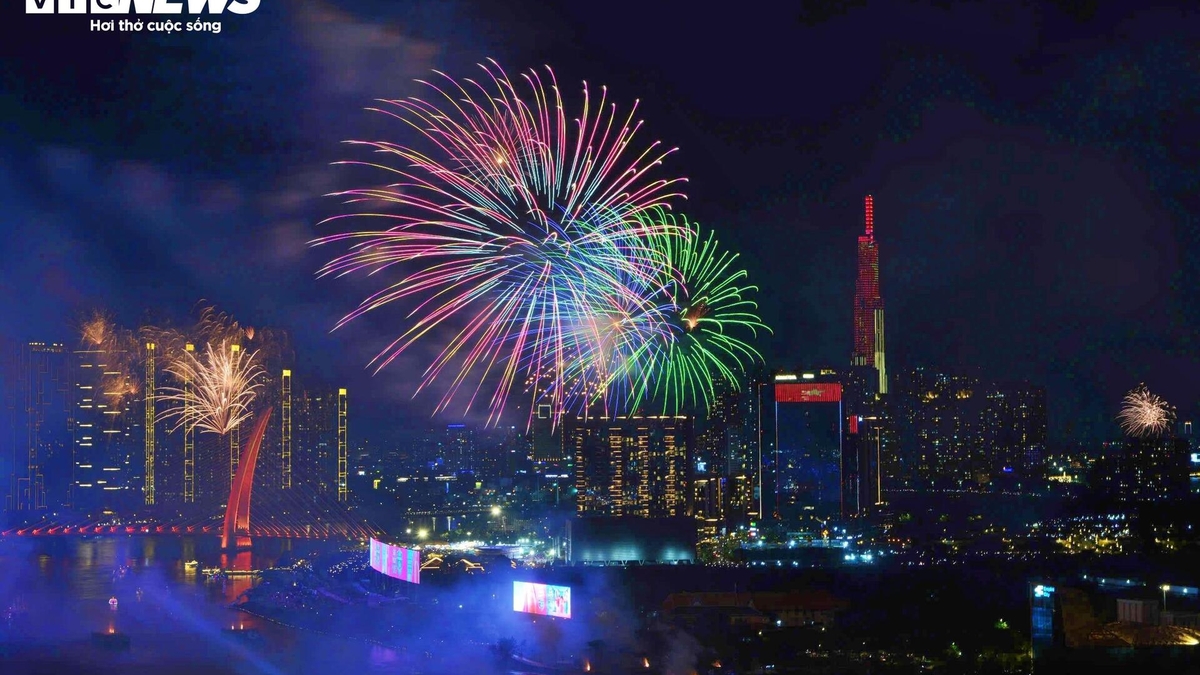
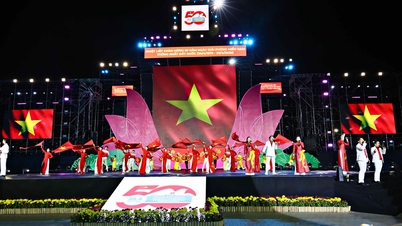


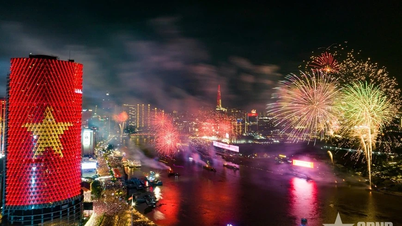

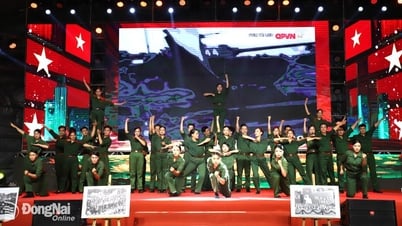








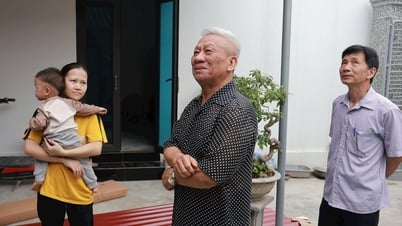





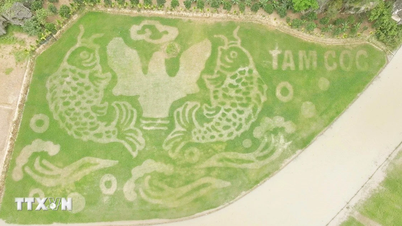







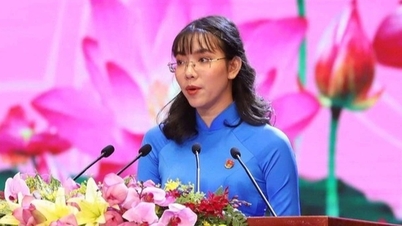





















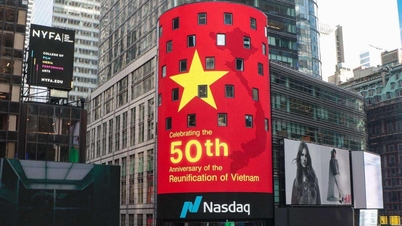

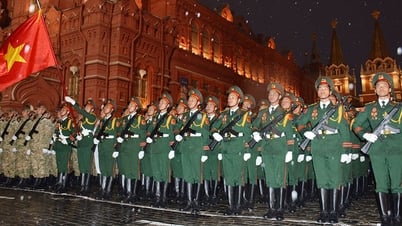












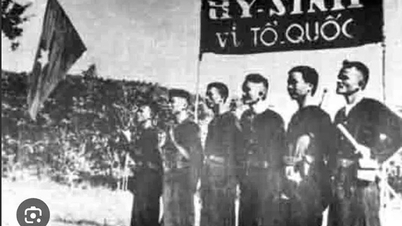

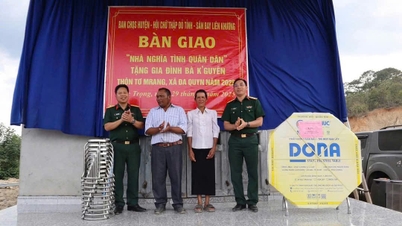













Comment (0)